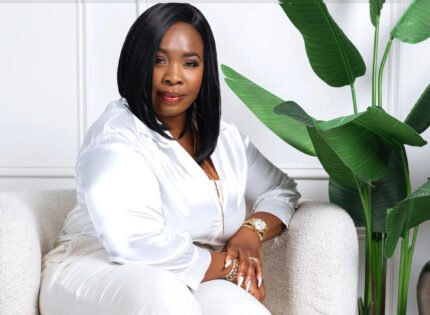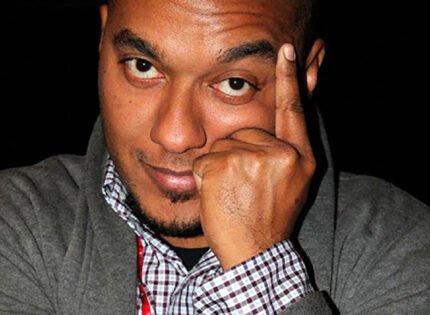Antigua
UN Ambassador Charged with accepting bribes.
John Ashe, the Antiguan born former president of the United Nation’s General Assembly, has been charged by US authorities for accepting over 1.3 million in bribes from Chinese businessmen.
New York prosecutors alleged that Ashe “converted the UN into a platform for profit” as he helped real estate mogul Ng Lap Seng and other Chinese businessmen gain government contracts as well as protect their interest in the UN and Antigua.
Mr. Ashe was arrested last Tuesday. Five others including Mr. Ng are also being held.
US prosecutors say that Ashe gave some of the money he earned as bribes to former Antiguan Prime Minister Baldwin Spencer.
The United Progressive Party (UPP) has acknowledged receiving monies from Opposition leader Baldwin Spencer, that had been donated by former president of the United Nations General Assembly, Dr John Ashe, but “it never knowingly accepted such as the proceeds of any crime”.
Since the allegations, calls have been made for Spencer, who is now leader of the opposition, to demit office.
The complaint brought before the New York court claims that Ashe solicited bribes in various forms including payments to cover family vacations in New Orleans and construction of a $30,000 basketball court at his house. It is also believed that he used bribes to buy Rolex watches, to pay house mortgages and to pay for his BMW leases.
Ashe also served as the UN ambassador to Antigua and Barbuda.
According to a spokesman for UN Secretary-General Ban Ki-moon, he is ‘shocked and deeply troubled’ by the allegations.
Jamaica
Cameron says no to reparation
British Prime Minister David Cameron earned the ire of many Jamaicans and regional stakeholders during his visit to Jamaica for refusing to apologize for the role played by Britain in the Transatlantic slave trade.
While addressing MPs in the Jamaican Parliament, Cameron Acknowledged that slavery was “abhorrent in all forms” but asked Jamaicans to “move forward from this painful legacy and continue to build for the future”.
Cameron angered many Jamaicans, including former Prime Minister PJ Patterson, with his statement. In an open letter distributed to the press, Patterson questioned Cameron’s position on the matter: “How can we simply forget it and move on to the future? If there is no explicit admission of guilt now, when will be the proper time?” Patterson went on to say in his letter that “……… these legacies are like millstones around our necks. We look to reparatory justice as the beginning of shaping a new future.”
In the week leading up to Cameron’s visit, the issue of reparation for the evils of the slave trade took precedence across the region. Barbadian Sir Hilary Beckles, chairman of the CARICOM reparation commission, wrote in an open letter to the Jamaican Observer (days before Cameron’s arrival) that the UK must “play its part in cleaning up this monumental mess of Empire”.
The movement for reparation in the Caribbean has gained steam once again as Germany agreed to pay $1 billion in reparations for the care of holocaust survivors in 2013.
Official records show that in 1833, Britain emancipated its enslaved people and raised todays’ equivalent of £17bn in compensation which was paid to 46,000 British slave-owners for “lost of Human Property.” One of these slave owners included Cameron’s sixed cousin removed General Sir James Duff. But to this day, Caribbean countries are yet to be compensated or apologized to for the indelible mark left on their societies by slavery.
The issue of former slave-owning nations compensating former colonies is a contentious one in the Caribbean, where national commissions have calculated the sums could run into trillions of dollars.
Guyana
Guyana lying about boarder dispute
Venezuelan foreign Minister Delcy Rodriguez has accused Guyana of “falsely accusing” Caracas of carrying out military operations within its maritime boarder.
Rodriguez said that Guyana’s president David Granger lied to the international community about the presence of a Venezuelan military ship in Georgetown.
Rodriguez claim that the picture of the Venezuelan ship that was allegedly spotted in Guyanese water was taken in 2011 in Spain and not in Georgetown as Granger has made the international community to believe. She also said that Venezuela is currently preparing documentation that it will present to the UN to prove its innocence.
Both countries have been at loggerhead since an 1899 court ruling that awarded the resource–rich Essequibo territory to Guyana. However, Venezuela has challenged the ruling, calling it invalid, after a treaty outlining the framework for resolving the issue was signed in 1966 with Guyana and it former colonial power Britain.
The dispute intensified again in May after American oil company Exxon Mobil found a significant reserve of high quality crude oil in the Stabroek Block, which forms part of the contentious region.
Last month, both countries agreed to redeploy their respective ambassadors and began talks with the mediation of the United Nations after a meeting that was mediated by the UN Secretary General Ban Ki Moon.














